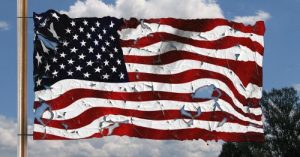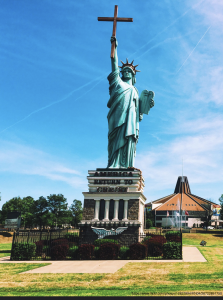Found!
 Acts 10 tells the story of a Roman Centurion, named Cornelius. It illustrates perfectly that men, even good men, need a Savior. Notice that Cornelius was a powerful man. He was “a centurion of the band called the Italian band, (Acts 10:1).” As commander of one hundred soldiers, when he spoke, things had better happen. And yet Cornelius knew that with all of his authority, still, Something was missing.
Acts 10 tells the story of a Roman Centurion, named Cornelius. It illustrates perfectly that men, even good men, need a Savior. Notice that Cornelius was a powerful man. He was “a centurion of the band called the Italian band, (Acts 10:1).” As commander of one hundred soldiers, when he spoke, things had better happen. And yet Cornelius knew that with all of his authority, still, Something was missing.
We see that Cornelius was also a religious man. “A devout man, and one that feared God… (Acts 10:2).” He was pious and dutiful in fulfilling all religious obligations, but in spite of his effort, a great void remained. Cornelius was obviously wealthy; “…he called two of his household servants (Acts 10:7).” Such a large household required great wealth, and yet, he needed Something that his money could not afford.
According to his servants, Cornelius was also a man of reputation. They called him, “a just man, and one that feareth God, and of good report (Acts 10:22).” But his reputation would not suffice to get him through the pearly gates, and he knew it. Soon the Apostle Peter arrived and found Cornelius to be a humble man. “And as Peter was coming in, Cornelius met him, and fell down at his feet… (Acts 10:25).” But humility before mere man could not satisfy his longing.
Finally, we see that Cornelius was an obedient man. The angel instructed him,… “Send therefore to Joppa” and he recounts, “Immediately therefore I sent. (Acts 10:31-33).” But for all of his outward obedience, Cornelius’ still felt like a stranger before God.
This would be a sad story if it ended here, but because this powerful, religious, rich, reputable, humble, obedient, BUT LOST man responded to the light he had received, he was introduced to Jesus who died, was buried, and rose from the dead to pay for his sins. By faith in Christ he found forgiveness and acceptance with God! His search was over, …is yours?



 it cost me?”
it cost me?”